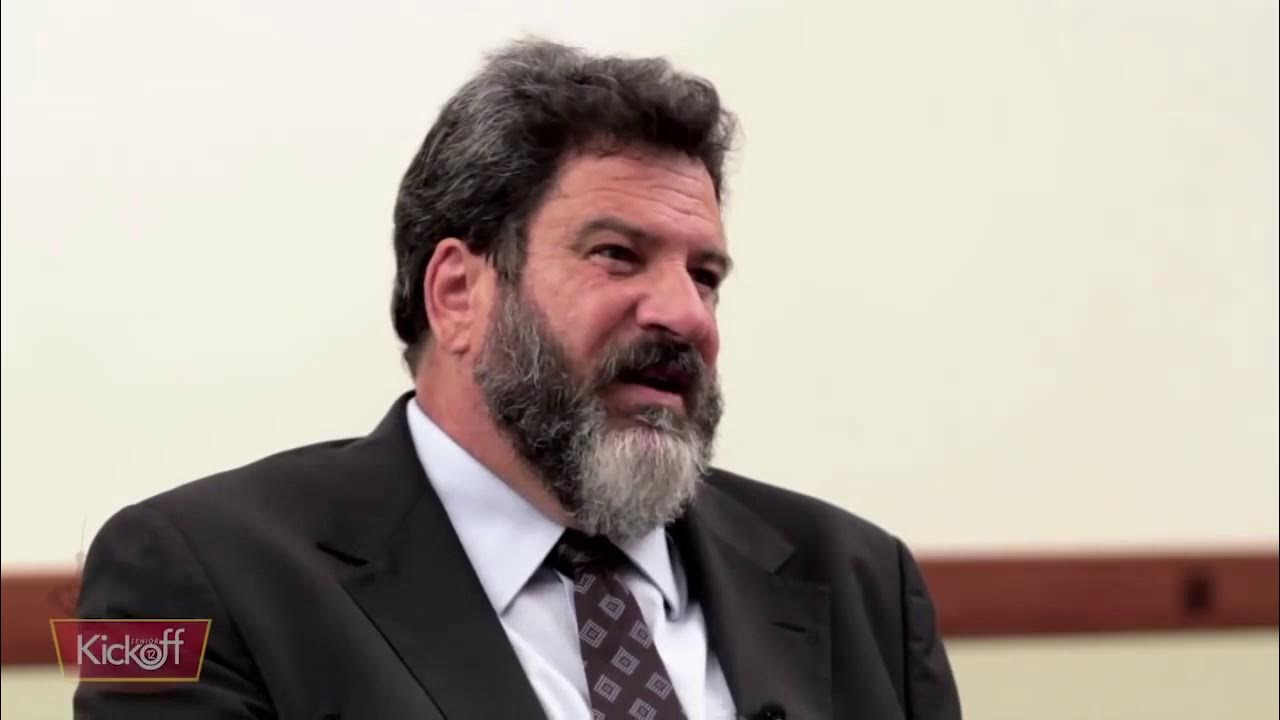Approach 02
Summary
TLDRThe video emphasizes that successful clinicians combine scientific expertise with deep human connection. It highlights the importance of empathy, active listening, and understanding each patient’s unique perspective. Clinicians are encouraged to practice self-reflection to recognize biases and approach interactions with respect and courtesy. Professionalism involves ethical behavior, knowledge, and appearance, while remaining approachable. Building collaborative, trusting relationships with patients requires balancing authority with accessibility, acknowledging cultural differences, and maintaining appropriate personal space. Ultimately, effective healthcare stems from blending technical skill with empathy, respect, and thoughtful communication to foster meaningful patient relationships and improve outcomes.
Takeaways
- 😀 The human touch is crucial in medicine and complements scientific knowledge.
- 😀 Successful clinicians must be approachable, earning patient respect and trust.
- 😀 Empathic listening is essential to understand patients' unique perspectives and concerns.
- 😀 Open-ended questions and attentiveness to verbal and non-verbal cues enhance patient communication.
- 😀 Self-reflection helps clinicians recognize and manage personal biases influenced by age, social class, ethnicity, and health status.
- 😀 Building relationships with patients from diverse backgrounds is both a privilege and a challenge.
- 😀 Respectful behavior includes acknowledging personal space and adapting to cultural differences.
- 😀 Avoiding arrangements or actions that suggest power imbalances fosters patient comfort and trust.
- 😀 Professionalism requires knowledge, ethical conduct, dedication, and high standards of appearance and hygiene.
- 😀 The most effective clinician-patient relationships occur when providers are respected, relatable, and combine technical expertise with empathy.
Q & A
Why is the human touch considered vitally important in medicine?
-The human touch is crucial because successful medical care requires not only scientific and technological knowledge but also the ability to connect with patients on a personal level, fostering trust and collaboration.
What qualities make a clinician approachable to patients?
-An approachable clinician is respectful, empathetic, attentive, and able to build trust, encouraging patients to communicate openly and feel comfortable sharing their concerns.
How does empathy contribute to effective clinical diagnosis and treatment?
-Empathy allows clinicians to understand patients’ perspectives, recognize their unique health concerns, and interpret verbal and non-verbal cues, which supports accurate diagnosis and personalized treatment.
Why is self-reflection important for a clinician?
-Self-reflection helps clinicians become aware of their own biases, including those related to age, social class, ethnicity, or health status, ensuring that personal viewpoints do not interfere with patient care.
What does being an empathic listener involve?
-It involves actively listening to patients’ stories, using open-ended questions, following their cues, and paying attention to both verbal and non-verbal communication.
How should clinicians demonstrate respect towards their patients?
-Clinicians demonstrate respect by maintaining appropriate personal space, acknowledging cultural differences, avoiding power-imbalancing arrangements, and treating patients courteously and professionally.
What are some examples of behaviors that could convey disrespect to patients?
-Examples include seating a patient in an uncomfortable position, such as for a pelvic exam, placing a patient in direct sunlight or bright light during an interview, or creating arrangements that imply unequal power.
How does professionalism manifest in clinical practice?
-Professionalism is reflected through knowledge, ethics, dedication, appearance, grooming, and hygiene, while remaining approachable and relatable to patients on a human level.
Why is it important for clinicians to consider cultural differences in patient interactions?
-Cultural differences can affect perceptions of personal space, comfort, and communication. Recognizing and respecting these differences promotes trust and effective patient-clinician relationships.
What is the significance of balancing authority and approachability in healthcare?
-Balancing authority and approachability ensures patients view the clinician as knowledgeable yet relatable, fostering collaboration and preventing feelings of intimidation or suspicion.
How can clinicians use open-ended questions effectively?
-Open-ended questions encourage patients to share their own stories in their own words, providing richer information and helping clinicians understand unique health concerns.
What is the overall goal of combining scientific knowledge with human-centered care?
-The goal is to provide effective, individualized healthcare by integrating medical expertise with empathy, respect, and strong communication skills, ultimately improving patient outcomes.
Outlines

此内容仅限付费用户访问。 请升级后访问。
立即升级Mindmap

此内容仅限付费用户访问。 请升级后访问。
立即升级Keywords

此内容仅限付费用户访问。 请升级后访问。
立即升级Highlights

此内容仅限付费用户访问。 请升级后访问。
立即升级Transcripts

此内容仅限付费用户访问。 请升级后访问。
立即升级浏览更多相关视频

Como vender mais na INTERNET usando as 5 fontes do DESEJO humano | The Personal MBA

Scientist Shocked! QURANIC WONDER | Small Brain Found In The Human Heart | ISLAMIC WARNINGS

AI and Clinical Practice—the Learning Health System and AI

Cortella | Sinergia, sintonia e simpatia

The "Boring" AI Business Model Making Millionaires in 2025

BIOFILIA, em busca da conexão| natureza na arquitetura+neuroarquitetura|DOCUMENTÁRIO COMPLETO |LAB#9
5.0 / 5 (0 votes)
